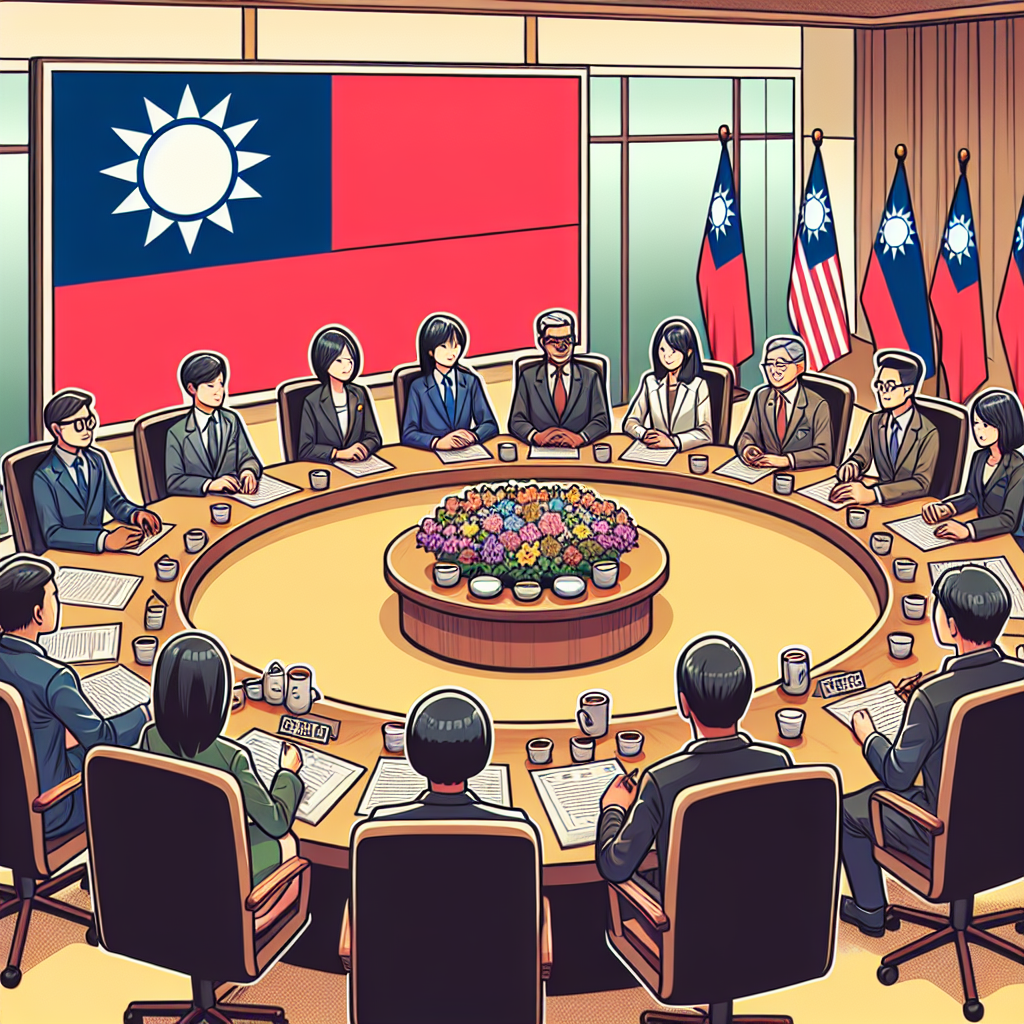Taiwan Independence: Eroded Hopes Amid Rising Tensions
Chinese Defence Minister Dong Jun emphasized that peaceful reunification with Taiwan is being eroded by Taiwanese separatists and external influences. Speaking at the Shangri-La Dialogue, he reiterated China's commitment to preventing Taiwan's independence, accusing foreign powers of interference and emboldening separatist movements.

The prospect of peaceful "reunification" with Taiwan is being increasingly "eroded" by Taiwanese separatists and external forces, Chinese Defence Minister Dong Jun said on Sunday, promising to ensure independence never happens. China views democratically governed Taiwan as its own territory, over the strong objections of the government in Taipei, and last month staged war games round the island in anger at the May 20 inauguration of President Lai Ching-te who Beijing calls a "separatist".
Speaking at the Shangri-La Dialogue conference in Singapore, Dong said Taiwan was the "core of core issues" for China, but Taiwan's ruling Democratic Progressive Party is incrementally pursuing separatism and bent on erasing Chinese identity. "Those separatists recently made fanatical statements that show their betrayal of the Chinese nation and their ancestors. They will be nailed to the pillar of shame in history," he said.
After his speech, Dong was asked several questions by delegates but he remained focused on Taiwan and had to be prompted by the moderator to address other issues. He accused foreign powers of interfering in "domestic issues", and "emboldening Taiwan separatists".
Dong added that while China was committed to peaceful reunification with Taiwan, the People's Liberation Army "will remain a strong force for upholding national reunification". "We will take resolute actions to curb Taiwan independence and make sure such a plot never succeeds," he said. "We're very confident in our capability to deter Taiwan independence."
China has been repeatedly angered by U.S. support for Taiwan, even in the absence of formal diplomatic ties, such as arms sales. Dong called the arms sales a test of China's "red lines".
"They are selling a lot of weapons to Taiwan. This kind of behaviour sends very wrong signals to the Taiwan independence forces and makes them become very aggressive. I think we are clear that the foreign power's true purpose is to use Taiwan to contain China." Andrew Yang, a former Taiwan defence minister, said Beijing has said it will pursue "reunification" by winning the hearts and minds of Taiwanese but "their deeds have yet to match their words". Beijing instead is "holding a big stick" and is "confrontational and contradictory", he said.
Yang said he hopes the U.S. will keep to its schedule of arms sales
to Taiwan so the island can enhance its self-defence. Taiwan has for the last two years complained of delays in deliveries of U.S. weapons, such as Stinger anti-aircraft missiles, as manufacturers supply Ukraine to support it in the war against Russia.
Taiwan's president, Lai, has repeatedly offered talks with Beijing, but been rebuffed. He says only Taiwan's people can decide their future.
(This story has not been edited by Devdiscourse staff and is auto-generated from a syndicated feed.)










